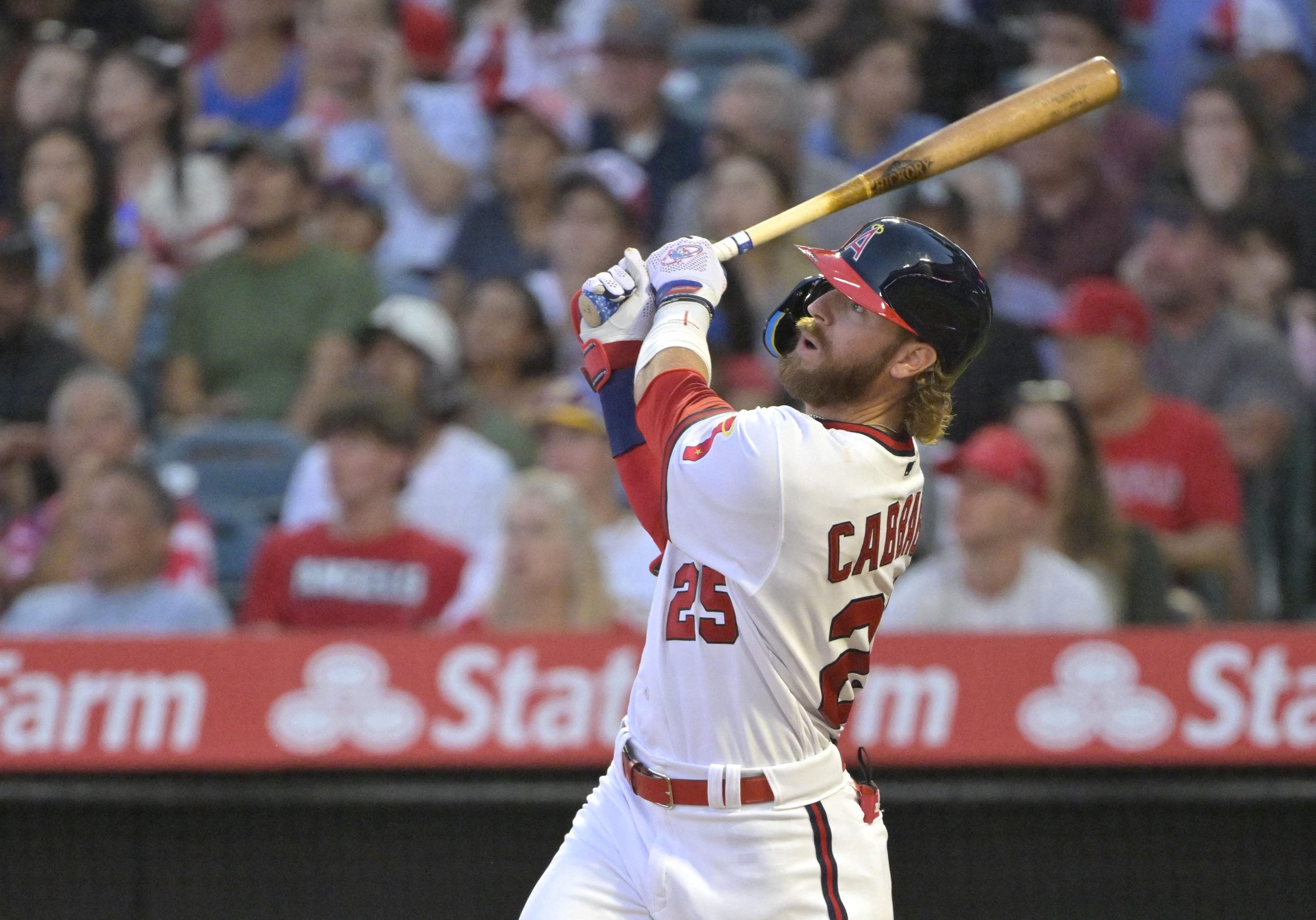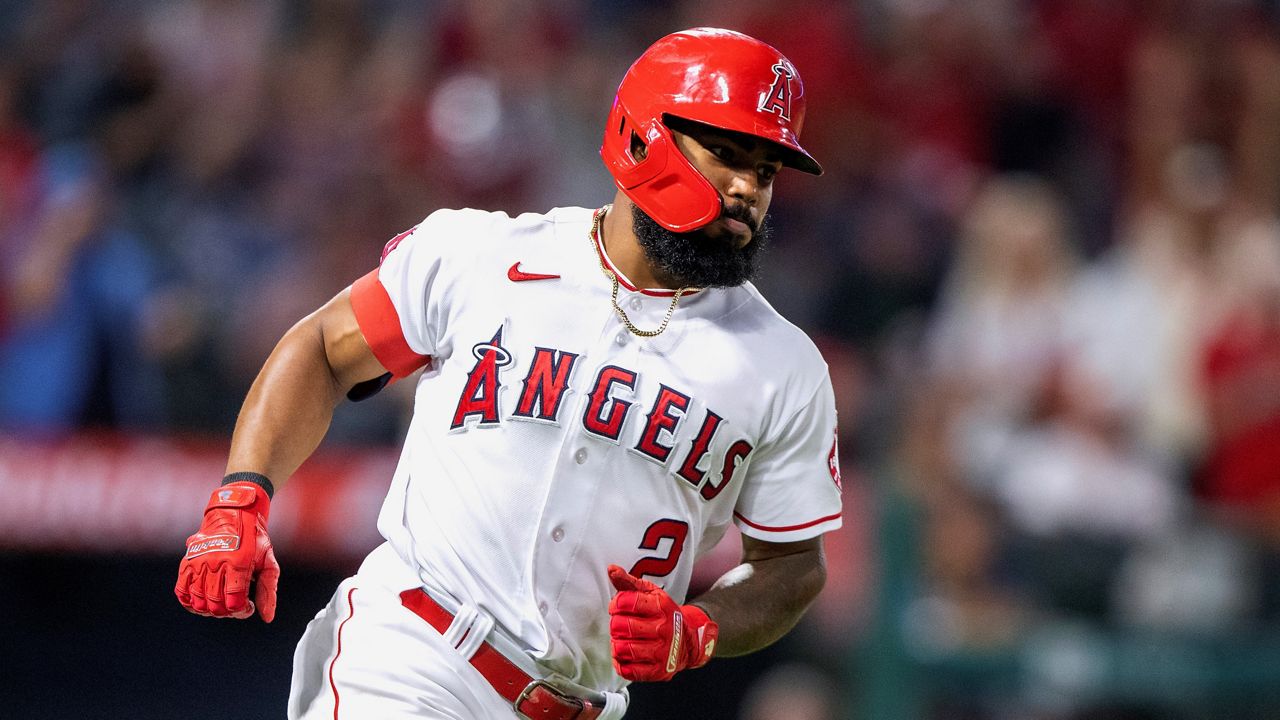MLB: Versatile Utility Player News & Updates - See Who's Moving
Is the pursuit of versatility in Major League Baseball becoming a defining characteristic of the modern game? The recent flurry of acquisitions of utility players, those jacks-of-all-trades capable of filling multiple positions, suggests that teams are prioritizing adaptability and roster flexibility more than ever before.
The traditional image of a specialist, a player meticulously honed for a single position, is evolving. While exceptional talent will always command a dedicated spot, the demands of a grueling 162-game season, coupled with the strategic advantages offered by a versatile roster, have led to a surge in the value of players who can do a bit of everything. These individuals offer a safety net for injuries, allow for strategic matchups, and provide managers with a wider array of tactical options. Consider the value proposition: a player who can seamlessly transition from shortstop to second base, or provide a reliable bat off the bench in addition to covering multiple defensive positions, represents a significant asset in today's baseball landscape.
The Seattle Mariners, for instance, recently bolstered their ranks by acquiring Miles Mastrobuoni, a versatile utility player, from the Chicago Cubs. This transaction, completed in exchange for cash considerations, underscores the strategic importance of depth and adaptability. Mastrobuoni, a former Nevada product, joins the Mariners with the expectation of providing valuable contributions across multiple positions, offering manager Scott Servais a valuable asset in managing his roster throughout the long season. His acquisition reflects a broader trend of teams prioritizing players who can contribute in various ways, allowing for optimal roster management and strategic flexibility.
Simultaneously, the Los Angeles Angels have also been active in the utility player market, acquiring Tyler Wade from the New York Yankees. This trade, executed on Monday, November 22nd, involved either cash considerations or a player to be named later. This transaction also provides the Angels with a player capable of filling in at shortstop and providing speed on the basepaths, offering crucial depth, and representing a cost-effective acquisition. Wades ability to cover multiple positions, including shortstop, offers the Angels' manager, Phil Nevin, increased flexibility in setting his lineup. This is vital in the context of a long season, providing solutions for potential injuries and allowing for tactical adjustments based on the opposition's strengths.
It's worth noting that the Yankees were also anticipating making several acquisitions in the offseason. The decision to trade Wade, possibly to create space for new arrivals, highlights the difficult choices that teams often face as they work to balance their needs with their available resources. This often entails strategic movement of players on the margins, prioritizing those assets that offer the greatest overall value to the team's broader goals.
The following table provides biographical information, career details, and professional information of Miles Mastrobuoni and Tyler Wade.
| Miles Mastrobuoni | Tyler Wade | |||
|---|---|---|---|---|
| Full Name | Miles Mastrobuoni | Tyler Wade | ||
| Date of Birth | October 23, 1995 | June 23, 1994 | ||
| Place of Birth | San Jose, California, USA | West Covina, California, USA | ||
| Height | 6 ft 0 in (1.83 m) | 6 ft 1 in (1.85 m) | ||
| Weight | 195 lb (88 kg) | 195 lb (88 kg) | ||
| Positions Played | Second Base, Shortstop, Third Base, Outfield | Shortstop, Second Base, Third Base, Outfield | ||
| Teams | Chicago Cubs, Seattle Mariners | New York Yankees, Los Angeles Angels | ||
| Batting Hand | Right | Left | ||
| Throwing Hand | Right | Right | ||
| Drafted | Tampa Bay Rays, 2016, Round: 14, Pick: 425 | New York Yankees, 2013, Round: 4, Pick: 130 | ||
| Debut | 2022 | 2017 | ||
| Relevant Statistics (Career, as of 2023) | Batting Average | .217 | Batting Average | .211 |
| On-Base Percentage | .306 | On-Base Percentage | .286 | |
| Slugging Percentage | .308 | Slugging Percentage | .322 | |
| Reference | MLB.com | MLB.com |
The acquisition of utility players like Mastrobuoni and Wade doesn't merely address a lack of available players. It represents a strategic shift in team building. This strategy ensures teams can deploy the best possible lineup each night. The inclusion of these players also offers benefits in terms of matchups, with managers able to substitute in specific players based on the opposing pitcher or the game situation.
The case of Castillo, a player who has seen himself in six organizations since December, underscores the fluid nature of the sport and the opportunities available to those who can fill multiple roles. This illustrates the ever-shifting landscape of professional baseball and the constant search for players who can contribute positively in various capacities.
The Yankees' trade of Wade to the Angels, in exchange for either cash considerations or a player to be named later, epitomizes this trend. Wade, with his ability to play several positions, had value to the Yankees, yet the team seemingly saw a greater return in the flexibility his departure afforded. The Angels, meanwhile, were able to secure a player who could bolster their roster and provide coverage across multiple positions. This demonstrates the increasingly calculated approach that teams are taking when navigating their rosters, seeking the most efficient and adaptable assets. Wades limited playing time in 2023, with only 33 games played, may have also influenced the Angels' decision to give opportunities to other players.
This shift also impacts how players are viewed and developed. The need for versatility is increasingly considered in scouting and player development. The ability to play multiple positions makes a player more valuable. Teams are now actively seeking players who can not only excel in one position but also adapt to different roles, adding another layer of value and increasing their likelihood of being signed and making it in the Major Leagues.
Fletcher's upcoming contract, with salaries of $6 million and $6.5 million in the next two seasons, further illustrates the cost-effectiveness that utility players can bring to a team. While these players may not always command the highest salaries, their ability to contribute across multiple positions makes them a cost-effective addition to the team, especially when evaluating against the cost of acquiring multiple specialists.
The focus on acquiring versatile players reflects a broader evolution in baseball strategy. As data analytics have become more integrated, teams are constantly refining their approaches, seeking to maximize their efficiency. Utility players fit neatly into this evolving framework, offering a combination of flexibility, cost-effectiveness, and strategic options. This shift can also be attributed to the game's increased pace, as teams aim to adapt quickly to changing game situations.
The absence of results from search queries, such as the one for "Angels acquire versatile utility player," may be attributed to the ever-changing nature of baseball news. While this article can highlight recent trends, specific transactions might occur outside of the search's scope.



